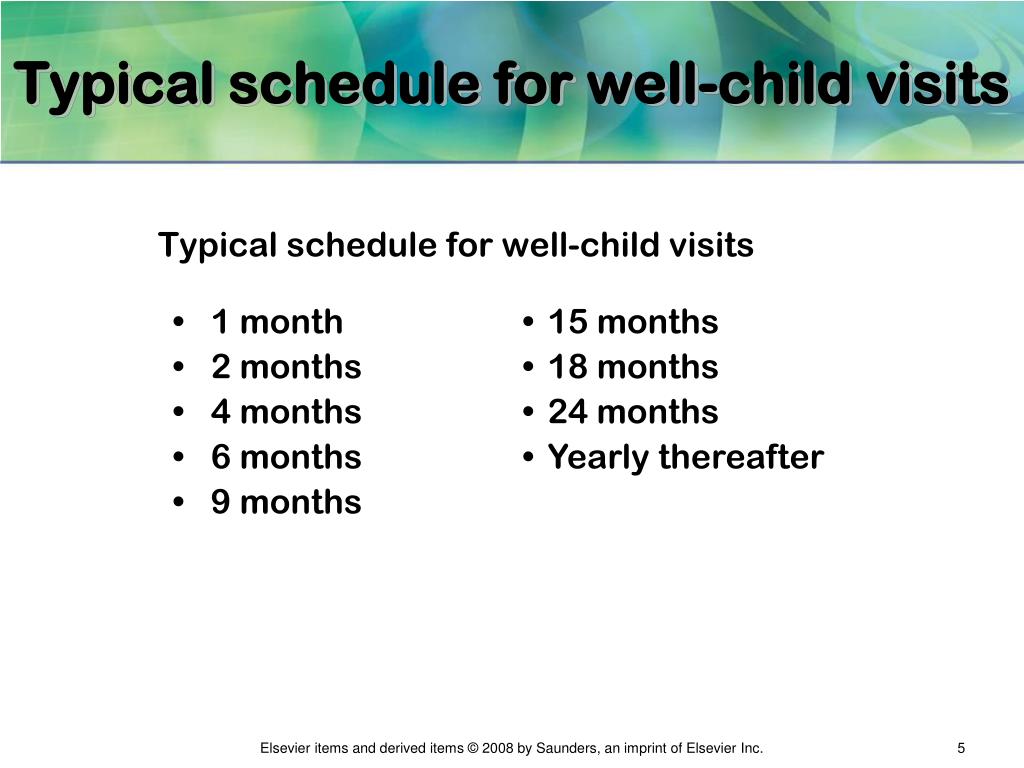

How much food should I be offering my child? How many cups of water and milk is your child drinking each day? Is your child using a cup? Can your child spear food with a fork? Offer drinks in cups, and encourage the use of utensils. Provide healthy food, and then allow your child to choose how much to eat. Just like two-year-olds, this age should have three meals, and one to two snacks a day. Routine family meals help children work on language and motor skills, and bedtime routines help young children transition from an active day to a good night's sleep. Routines are important for a toddler's development. I need advice for potty training problems. Tell me about your child's personality? What are favorite things, people, and activities? What new things is your child doing now? Can your child catch a large ball?ĭoes your child try to get you to watch them by saying "Look at me!" Is your child able to grasp a crayon with their thumb and finger, rather than making a fist? Questions your pediatrician may askĭoes your child engage in imaginary play with toys? Playdates and playgroups are good ways to promote social development if your toddler isn't in child care or preschool. Your pediatrician may ask how often your child plays with other children and how playtimes go. Social development also is important at this age. States offer Early Intervention programs including evaluations, therapies, and other services for children under age three. Early action ensures your child will have access to interventions like speech therapy.

Complete a CDC milestone checklist or use the milestone tracker app. If your child does not meet CDC developmental milestones, or is losing skills, share your concerns and ask about developmental screening. Keep in mind that not all children reach milestones at the same time, but don't wait out any concerns. The pediatrician may ask about any emergency room visits, and assess risk for hearing and vision problems. If the child doesn't yet have a dentist, a fluoride varnish may be applied to their teeth. The pediatrician will be looking to see how you and your child communicate, and what questions and phrases your child uses. Your child's coordination, use of words, and socialization will be observed. Your pediatrician will perform a physical exam and plot your child's growth on a CDC Growth Chart. See " Vaccines Your Child Needs by Age 6. Any missed or delayed vaccines will be given. Your pediatrician will recommend the influenza (flu) vaccine if it's flu season, and likely will discuss the latest Covid-19 guidelines. Here's what else to expect at this visit: ✅ ImmunizationsĪt 30 months, most children are caught up with vaccinations. They may name what they see in a picture book if you point and ask, "What is this?"īesides performing a complete physical exam and asking you about your concerns, the pediatrician will focus on language and social development at the 30-month checkup. Their vocabulary has expanded to about 50 words, and they use phrases of two or more words. Your child may have more to say these days, as 30-month-olds use words more to communicate. They may play next to other children one moment, and with them the next. Children this age like to play independently but also collaborate sometimes. They may request the same story at bedtime over and over. They like routine and order, lining up toys and even categorizing them. They may pretend to feed a doll or talk on a phone. Children this age love to act out things they see family members do. The way they play is more advanced as well. They can take off some clothes, and use their fingers to turn doorknobs and pages of a book. They can jump with both feet, run and slow quickly to a stop. Physically, children this age have more control over their bodies. 2 ½ years old, your toddler will have built on all of the skills that were beginning to blossom at age 2.


 0 kommentar(er)
0 kommentar(er)
